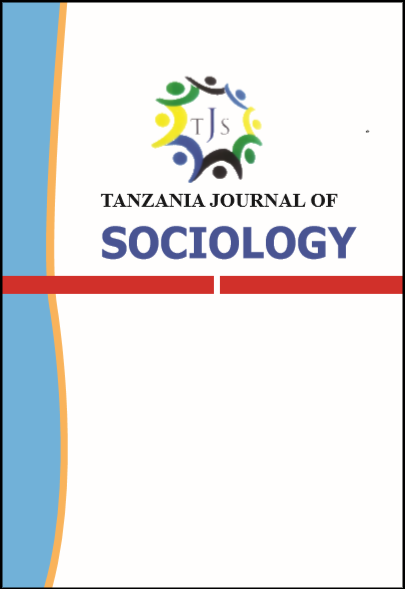Main Article Content
The Relationship between Vicarious Experiences and Self-Efficacy in Condom use among Adolescents in Tanzania
Abstract
Inadequate condom use among adolescents is a health and behavioural concern across countries. Adolescents are largely vulnerable to sexually transmitted diseases and early pregnancies. However, little attention has been paid to studying the factors that are associated with self-efiicacy in condom use among adolescents. The study presents results on the relationship between vicarious experiences and self-efficacy in condom use among adolescents in Tanzania. The study applied a quantitative approach using a sample of 552 respondents from two districts of Mpanda and Njombe in Tanzania. The data were collected with questionnaires, and the analysis used independent t—test and Spearman’s rank—order correlation coincident. The results revealed a positive and statistically significant relationship between vicarious experiences and self—efiicacy in condom use among adolescents (r=.462, p value=.001). It was also revealed that girls had higher condom use selfejficacy than boys (M=6. 75, SD= 2.88), t=3.691, df=550, p value =.001). It is, thus, recommended that health behavioural change programmes such as condom use, targeting adolescents, should encourage the use of vicarious experiences such as peer educator programmes and T V/radio ads. That could help strengthening the use of condom, and it is practically effective in preventing HIV/AIDS and early pregnancies. It is further recommended that such programmes be packaged differently for boys and girls.







